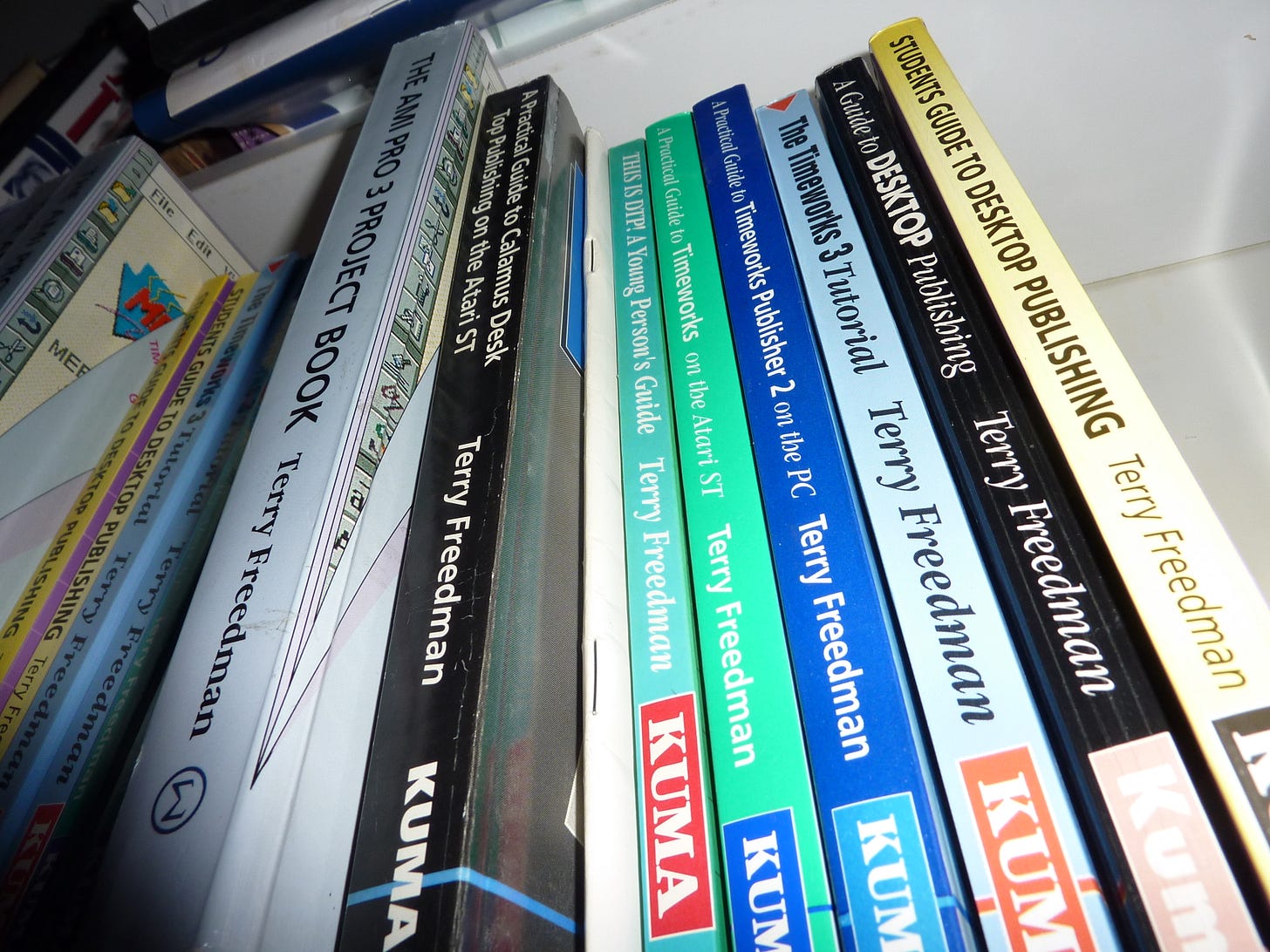11 characteristics of good writers
It's not "just" about being good with words.
This is my first in a series of posts written for serious writers, that is people who want to be very good at writing. These posts are based on my experience and work since first being commercially published in 1990. Please note that my main experience is in writing nonfiction, but the suggestions below apply equally to writing fiction.
Keep reading with a 7-day free trial
Subscribe to Eclecticism: Reflections on literature, writing and life to keep reading this post and get 7 days of free access to the full post archives.




